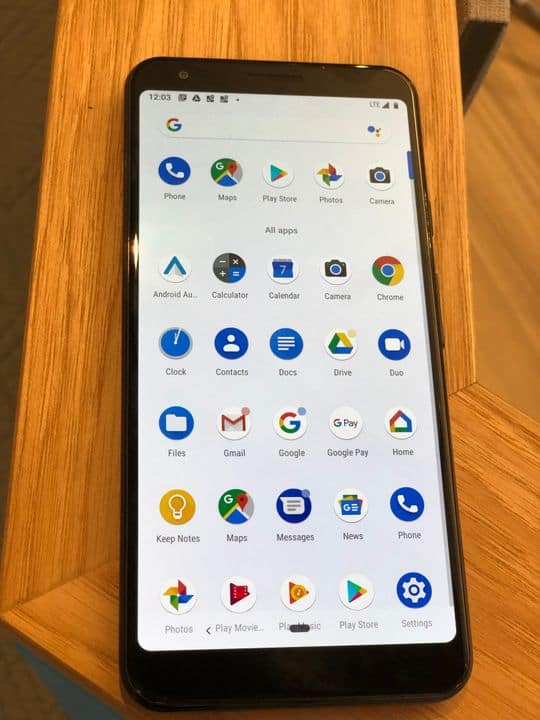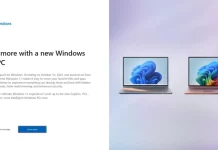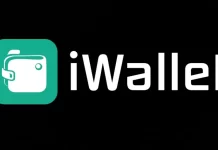
Even after all these years, the first thing that likely comes to mind when you think Google is search. Google has long been about way more than that, of course, and the annual Google I/O developer conference, now underway in Mountain View, California, is where the Alphabet-subsidiary previews new hardware, software and other products.
Google didn’t ignore search during I/O and showcased 3D and augmented reality effects to make search that much more meaningful; it brought a virtual shark onto the I/O stage during one demo.
What’s more, using the Google Lens tool, the company showed how you could point a camera at a sign in a foreign language to not only translate that sign but to read aloud its contents.
And it announced the next generation of the Google Assistant (coming later in the year) that Google says is 10 times faster than today’s Assistant.
Here are some of the highlights of most interest to consumers.
Cheaper Pixels
Just seven months ago, Google released a pair of highly thought of smartphones, the Pixel 3 and Pixel 3XL. At I/O, Google introduced two new handsets, not successors to the 3 and 3XL, which remain in Google’s portfolio, but rather far less expensive variations that manage to retain many of the same appealing features.
These are the Pixel 3a and Pixel 3a XL, and they fetch $399 or $479, respectively. Consider the Pixel 3 starts at $799, though you can find it cheaper with trade-ins. The new phones start shipping immediately.
The latest handsets will be available in three colors (Just Black, Clearly White and Purple-ish), from all of Google’s carrier partners, including Verizon, T-Mobile, Sprint, Google FI Spectrum (Charter) and C Spire. (The phone will be supported on AT&T’s network as well).
And yes, they boast such impressive camera features as Night Sight, which as the name suggests is all about capturing images in dim light without a flash. (The feature worked well in a brief pre-launch test). It also has Portrait mode on the front and rear cameras; pics are backed up free on Google Photos.
Google says the battery on the new phones will deliver up to seven hours of use on a 15-minute charge and last 30 hours on a full charge with a battery system that is said to learn your favorite apps and prioritize power for the ones you use most frequently.
Security comes through the Titan M chip. You can squeeze the side of the phone to summon the Google Assistant.
And the phone also sports the Call Screen feature introduced on the 3 and 3XL that is meant to frustrate telemarketers. When a call comes in from a number you don’t recognize, you can tap a screen call button that gives an automated response to the caller that tells them “you are using a screening service from Google.”
Also coming is what appears to be an extremely promising AR-based feature within Google Maps that lets you see your surroundings and not just a point on a map.
The new Pixels even include a feature the Pixel 3 and 3XL dispensed with, a 3.5mm jack that will let you plug in corded headphones.
Google also is promising that the far faster, next-generation Google Assistant will be coming to Pixels later in the year.
Of course, there were some sacrifices to get the 3a and 3a XL down to a cheaper price: The body of the latest phones are made of a lightweight durable polycarbonate unibody design versus the Pixel 3’s premium metal frame and glass back. The new phones aren’t water resistant either, and there’s no wireless charging.
Addressing Digital Wellbeing inside Android Q
Android Q is the next generation of Google’s mobile operating system, and it is expected this summer (though you can try it in beta if you have one of 21 compatible devices). Google is designing the new OS for the fast-emerging 5G networks as well as foldable phones. And to be more secure.
It has also added a “dark mode” that, in addition to the aesthetic, is going to save juice on your phone, Google says.
During the last couple of years, Google has introduced tools to help you tame your kid’s smartphone addiction – and your own. You could manage Junior’s usage on some devices through what is called Family Link. And with Android Pie, Google focused on a slate of so-called Digital Wellbeing tools, for all of us who can’t seem to stop glancing at the screens.
At I/O, Google is expanding on such tools and is bringing Family Link and Digital Wellbeing together.
For starters, Google is adding Family Link to every Android Q device, once the consumer version of the software starts to arrive during the summer. You’ll find it with Digital Wellbeing inside the settings.
Family Link lets you set digital ground rules for your kid, such as daily screen time limits, and a device bedtime. Parents can also remotely lock the child device and approve app downloads and purchases.
New features let you set time limits on individual apps. And if your kid behaves, you can reward the child with bonus time.
Google is also introducing a new Focus Mode feature to pause distracting apps at a single tap. The feature will come later to Android Pie as well as Q.
And also as part of Android Q, Google is adding site timers to the Chrome browser.
Such issues hit home. Google is releasing the results of a YouGov survey from March, which indicate that about one in three adults in the U.S. have made or attempted to make changes in how they use technology in order to address the negative effects they’ve experienced, while 39% are concerned but haven’t taken action.
Meanwhile, 60% believe Digital Wellbeing is more important now than a year ago. And 88% of people report experiencing distracting experiences with technology, including “flipping through apps when I’m bored or killing time” and “losing track of time when I’m on my phone.”
Google also plans to add “coaching tips” that nudge you to stick with the go-lighter-on-technology goals you set up. After all, another survey result points out that 70% of respondents believe that “behavior change is hard.”
Google, which names its operating system after delectable treats–Q follows P which stood for Pie–hasn’t yet said what the Q will stand for. Let the guessing game begin.
Nest Hub Max
Google already has had designs on taking over your kitchen (and other parts of the house) with the Google Home Hub that later became the Nest Hub.
Now that Google is all in on the Nest brand, it will be bringing out a more complete new $229 version of the product this summer called the Nest Hub Max.
With its 10-inch HD screen, Nest Hub Max is part streaming TV (via a YouTube TV subscription), part Google Assistant-driven smart speaker, part Google Photos digital picture frame, part smart home controller and part Nest Cam security camera.
And you can control it with gestures.
It also features Google Duo video calling, with a wide-angle camera that keeps you in frame as you move – yes, technically following you around. In that sense, it brings to mind Facebook’s Portal, which given the social network’s poor reputation on privacy, has raised a number of concerns.
Google has had to answer many of the same questions on privacy, and one intriguing but potentially scary feature inside Nest Hub Max is called Face Match, in which the Nest can recognize your mug as opposed to other family members. (The Google Assistant can also recognize different voices). This feature makes it possible for different members of a household to receive, say, video honey-do messages made specific for them. Google says the machine learning processed face model is encrypted and stored on the device, meaning the camera data never leaves the Hub.
It also has a green light on the front of Hub Max that lets you know when the camera is streaming, and Google insists nothing is streamed or recorded unless you explicitly enable it. And there’s a hardware switch on the back to physically disable the microphone and camera.
























